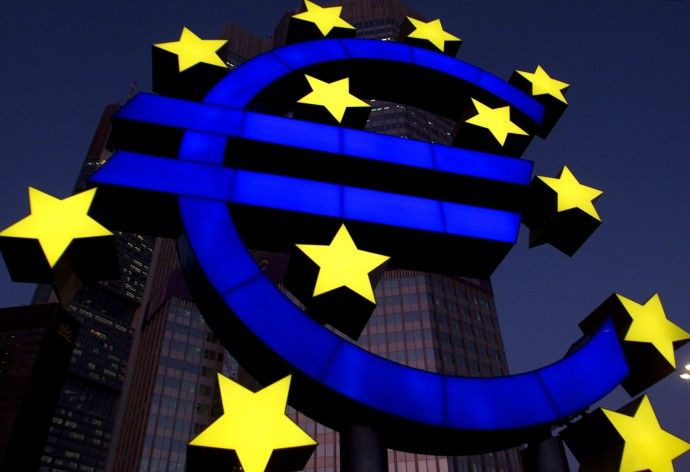EU aims to phase out conventionally-fuelled cars in cities by 2050

The European Commission has adopted a roadmap of 40 concrete initiatives for the next decade to build a competitive transport sector that increases mobility and cuts emissions.
Under EU's ambitious plan, the Commission wants cities cities across Europe to be free of conventionally fuelled cars by 2050. The strategy aims to cut carbon dioxide emissions by 60 percent by the middle of the century. It would require investment of around 1.5 trillion euros.
By 2050, key goals will include: no more conventionally-fuelled cars in cities, 40 percent use of sustainable low carbon fuels in aviation; at least 40 percent cut in shipping emissions, a 50 percent shift of medium distance intercity passenger and freight journeys from road to rail and waterborne transport.
Competitive transport systems are vital for Europe's ability to compete in the world, for economic growth, job creation and for peoples' everyday quality of life, says EU Transport Commissioner Siim Kallas. Curbing mobility is not an option; neither is business as usual.
Kallas said his proposal included close to zero fatalities in road transport by 2050. The EU aims at halving the use of conventionally fuelled cars in urban transport by 2030 and phase them out in cities by 2050. The Commission said alternatives like electric-powered cars would be promoted.
We can break the transport system's dependence on oil without sacrificing its efficiency and compromising mobility. It can be win–win, Kallas said.
According to the BBC, Transport minister Norman Baker has already revealed he will not support the call to ban fossil-fuelled cars from cities. Norman Baker told the BBC: ”We will not be banning cars from city centres anymore than we will be having rectangular bananas.
The Commission, unfortunately, signals a policy u-turn, said Ivan Hodac, Secretary General of the automobile industry’s trade association ACEA. The Commission sends the wrong signal with regard to the acknowledged principle of ‘co-modality’, and ACEA calls for an urgent clarification to this respect.
In particular, the White Paper states that road freight transport in excess of 300 km should be shifted to rail or waterborne transport - regardless of the actual factors steering the choice of transport mode; disregarding the eminent role of improving efficiency, ACEA said.
A simple call for a decrease in the use of motor vehicles will not provide the easy solution it appears to be, because there will not be less demand for the flexible solutions that road transport provides in contrast to other modes, said Hodac. Road transport plays a capital role and cannot be confronted with arbitrary measures.
© Copyright IBTimes 2024. All rights reserved.





















